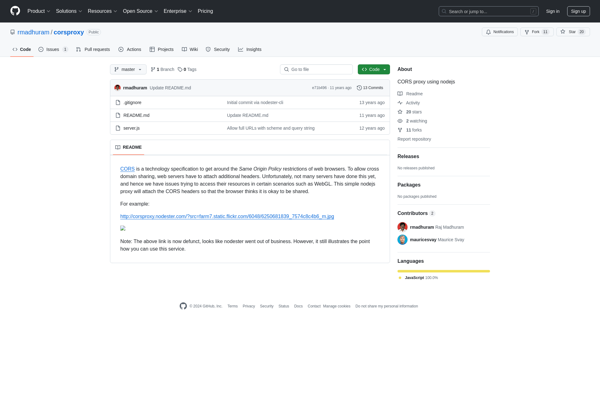CORS Proxy
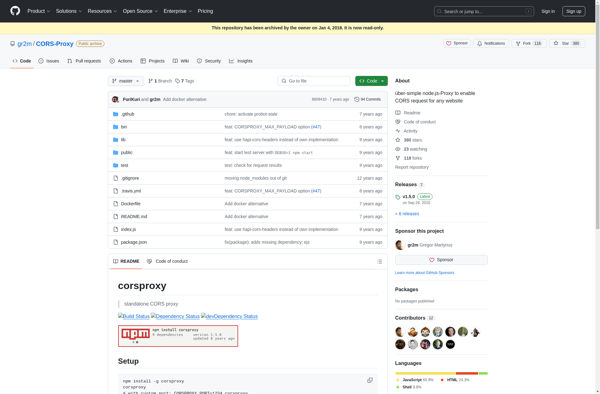
CORS Proxy: Enable Cross-Origin Resource Sharing
A CORS proxy is a service that adds CORS headers to requests to enable cross-origin resource sharing. It acts as a proxy between the client and server to enable client-side JavaScript code to access resources from other domains.
What is CORS Proxy?
A CORS (Cross-Origin Resource Sharing) proxy is a server that acts as an intermediary between a client (such as a web browser) and a server to enable cross-origin requests. CORS restricts web browsers from making requests to a different domain than the one hosting the web page, for security reasons.
A CORS proxy adds the required CORS response headers to requests and responses to enable cross-origin access. This allows the client-side code (JavaScript, etc.) hosted on one domain to access resources from a server on a different domain, bypassing the same-origin policy applied by web browsers.
Some common uses of a CORS proxy include:
- Enabling a web application served from one domain to access a REST API served from another domain
- Allowing web browsers to use client-side JavaScript to access APIs on other domains
- Retrieving resources stored on other servers like images or fonts
Overall, a CORS proxy is useful for any application that needs to fetch resources cross-origin from servers that do not send the Access-Control-Allow-Origin header themselves, circumventing same-origin restrictions.
CORS Proxy Features
Features
- Allows cross-origin resource requests
- Adds CORS headers to requests
- Acts as middleware between client and server
- Enables client-side JavaScript to access cross-origin resources
Pricing
- Open Source
- Free
- Freemium
Pros
Cons
Official Links
Reviews & Ratings
Login to ReviewThe Best CORS Proxy Alternatives
Top Network & Admin and Web Development and other similar apps like CORS Proxy
Here are some alternatives to CORS Proxy:
Suggest an alternative ❐CORS Anywhere
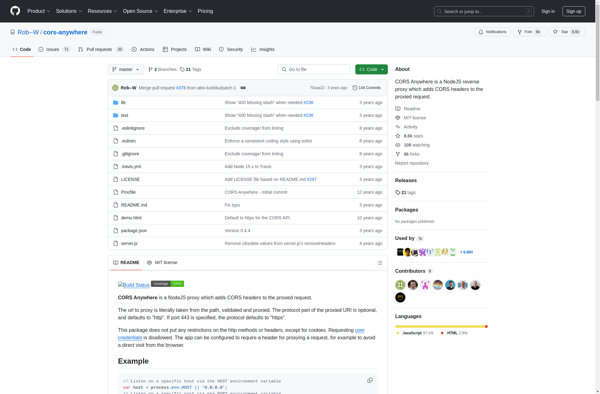
All Origins
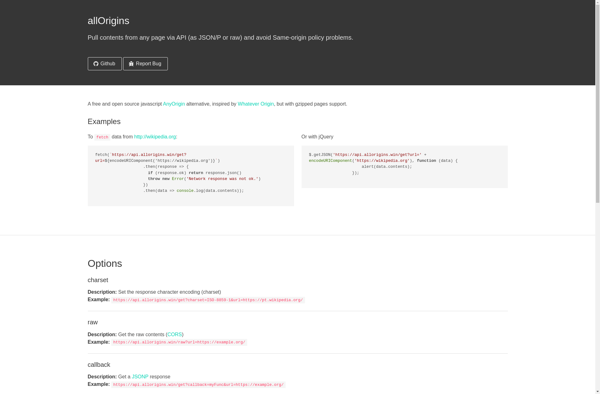
Whatever Origin
Crossorigin.me
Any Origin
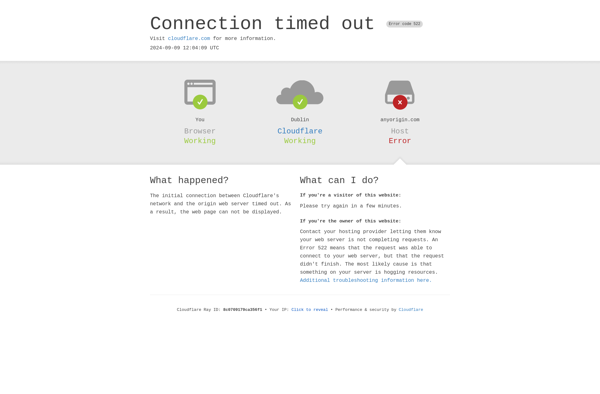
Corsproxy
